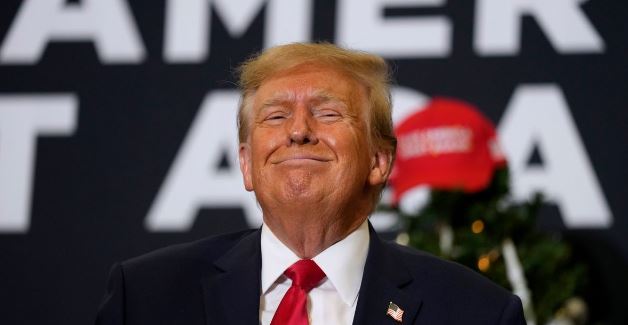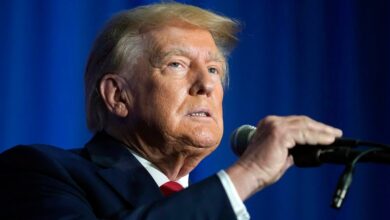Title: Supreme Court Decides Trump Remains Eligible for Ballot Access

In a landmark decision, the US Supreme Court has ruled that former President Donald Trump cannot be disqualified from appearing on future ballots, a verdict that has significant implications for American politics. This ruling comes after extensive debates and legal challenges regarding Trump’s eligibility, stemming from various controversies and legal entanglements associated with his tenure and actions as president.
The Supreme Court’s decision underscores the legal principles governing the qualifications for presidential candidates, emphasizing that the criteria must adhere strictly to the Constitution. The ruling indicates that barring a candidate from the ballot requires incontrovertible grounds that align with constitutional provisions, suggesting that the allegations and legal challenges faced by Trump do not meet the threshold for disqualification.
This verdict has sparked a wide range of reactions across the political spectrum. Supporters of Trump hail the decision as a victory for democracy and the rule of law, asserting that it upholds the principle that eligibility for public office should be determined by clear constitutional guidelines, rather than political partisanship or legal controversies.
Critics, however, express concern that this decision may set a precedent that could complicate future efforts to hold public figures accountable for their actions. They argue that the ruling could be interpreted as diminishing the legal system’s role in vetting candidates for public office, potentially allowing individuals with significant legal and ethical controversies to seek and hold public office without consequence.
The Supreme Court’s ruling does not end the broader conversation about the qualifications and integrity of candidates for public office. Instead, it shifts the focus towards how electoral integrity and accountability can be maintained within the framework of constitutional law. This decision reaffirms the importance of the constitutional criteria for office eligibility, setting a clear legal standard for future cases.
As the country processes this significant judicial decision, the implications for future elections and the legal criteria for candidate eligibility will undoubtedly continue to be a focal point of discussion among lawmakers, legal experts, and the public. The ruling not only impacts Trump’s political future but also sets a precedent that will influence the standards for electoral eligibility and the intersection of law and politics in the United States.




